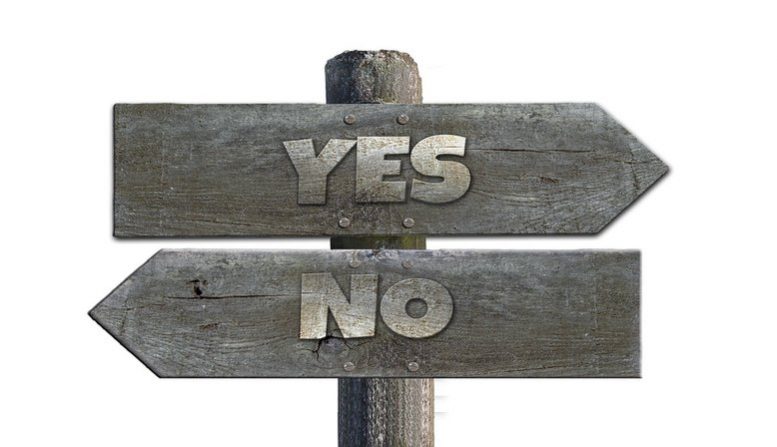True Or False? Do I Need These Things On My Resume?
Last Updated on February 22, 2023
The FoodGrads platform is intended to provide students and grads with Food & Beverage industry specific advice. That said, there is a ton of job search advice available out there and from time to time we share some real gems.
Wendi Weiner is the #1 resume writing expert and last week we shared some of her words of wisdom. Today we follow up with some more advice for students and new graduates.
There are a lot of things that job seekers add on their resume when they don’t need them. In some cases, these things actually hurt job seekers chances of landing the job.
Here are some things job seekers should and should not include on their resume.
1. Add A Professional Summary Instead Of An Objective
An objective or mission statement used to be the right header for your resume. Today, it is best reserved for your cover letter. Your objective and mission is to obtain a job with the company. Instead, utilize a professional summary to convey some of your traits or to highlight some of your accomplishments. It will serve as a great prelude for the reader to be allured, charmed, and want to continue reading further about your successes and job history.
2. Leave Off The References
References should not be included in a resume. Consider taking quotes or blurbs from letters of recommendation or written evaluations and inputting them into your resume to serve the function of a reference. It will help your resume stand out among the others by including written proof and documentation of what your former boss or supervisor thought of your work.
In order to effectively include this in your resume, review your written performance evaluations and highlight any positive attributes your manager wrote about you.
FoodGrads note: If you are actively interviewing, you will be asked for references at some point (typically at the very end of the interview process) so make sure you have reached out to some appropriate people. Our advice is to have 3 references with at least 2 of them being someone that supervised you. Also, the most important thing, ask for permission to use them as a reference!
3. Ditch The Unprofessional Personal Email Address
Having a professional image isn’t just about the social media accounts. Your email address should be professional as well and easy to comprehend. Consider creating a separate email account for job searching purposes. You will find it easier to track the applications you’ve sent and the companies you have sent in applications for new positions, rather than risk deleting the email as a potential piece of junk mail.
4. Include Measurable Goals And Achievements
Your resume must contain quantifiable data that goes directly towards supporting the very skill sets you state you possess. Without it, you are simply providing opinions with no facts to back up support. If you are great at project management, or building relationships, make sure that your resume contains examples to display those skills.
When crafting your resume, consider these important tips. Remember, you have less than ten seconds to gain the readers attention. Make your resume worth those few seconds.
About Wendi Weiner:
Wendi Weiner is an attorney and award-winning writer who has been featured in more than 50 major media outlets as a top authority in career branding, resume writing, LinkedIn profiles, and job search strategies.
After finishing two marathons, Wendi fearlessly left her decade-plus career as an attorney and followed her passion for writing and to help others achieve their own career dreams and success.
Subscribe to our newsletter for details on mentorship sessions, workshops, webinars, as well as career and job fairs across Canada and the US!


leave your comment